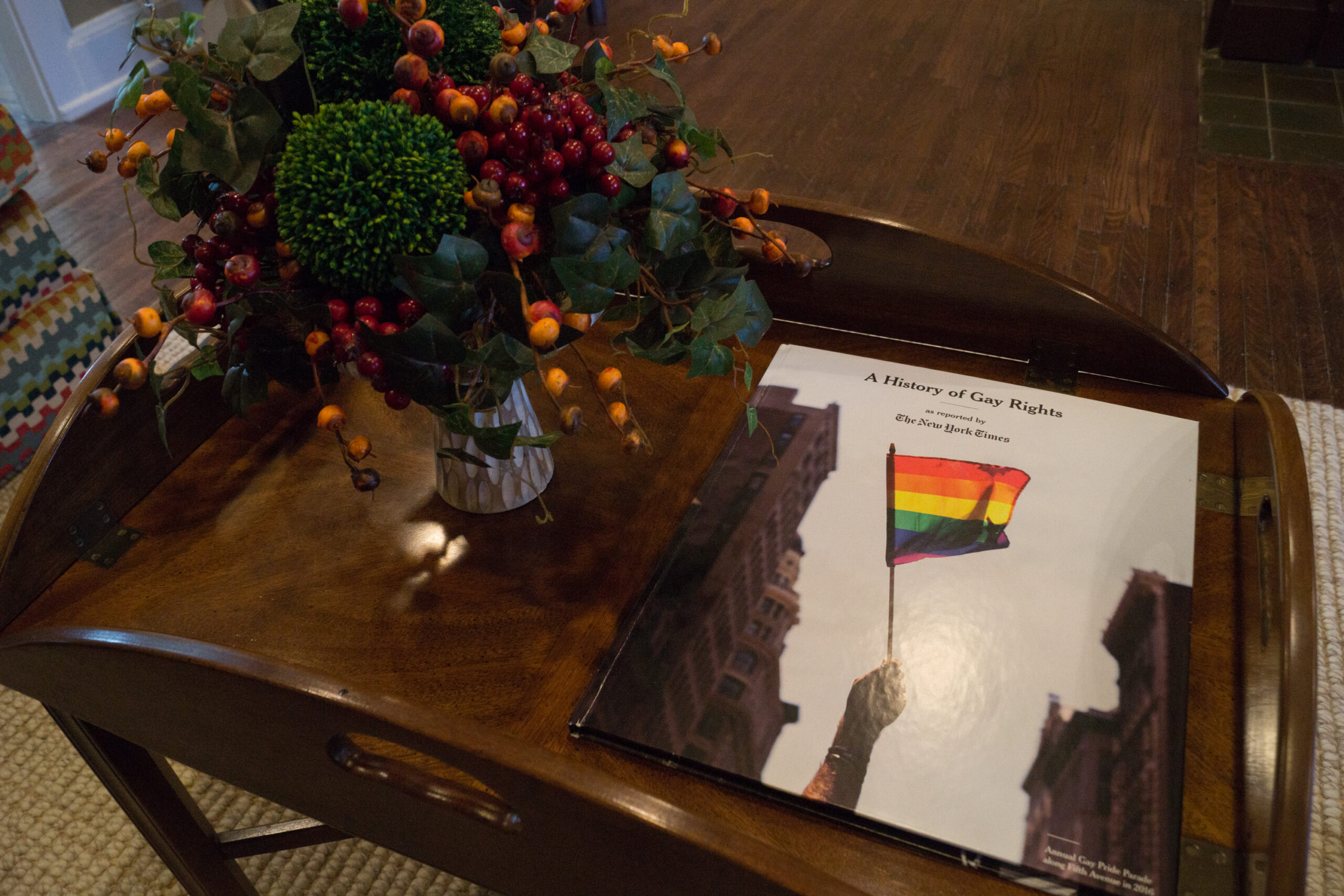Trinity Haven
A Case Study
AT A GLANCE
- Location: Indianapolis, IN
- Established: 2018
- Executive Director: Jenni White
- Number of Employees: 6
- 2022 Revenue: $763,838
- 2022 Expenses: $601,691
- Total Assets (as of 2022): $1,794,539
- Website: www.trinityhavenindy.org

Established in 2018 and housing its first residents in 2021, Trinity Haven is the first transitional housing program specifically for LGBTQ+ young people ages 16 to 24 in the state of Indiana. National data show that LGBTQ youth and young adults are 120% more likely to experience homelessness than their heterosexual and cisgender peers. An estimated 75% to 85% of LGBTQ youth without a place to stay have been forced out by their parents or are fleeing rejection and/or mistreatment at home.
Trinity Haven has a unique origin story. In 2017, Trinity Episcopal Church in Indianapolis convened a task force to research the best use of an empty home on its property. When the task force learned that every night, an estimated 72 LGBTQ+ unaccompanied youth experienced homelessness in their city, they decided to pursue the idea of using the house to address housing instability among LGBTQ+ youth. According to Executive Director Jenni White, while the nonprofit they were incubating would be independent and not faith-based, Trinity Haven was created by people of faith who felt strongly that they had a moral obligation to repair the damage done to LGBTQ+ youth in the name of religion. When the house that originally prompted the idea for the organization turned out not to be an ideal setting for a transitional home, Trinity Episcopal Church helped the brand-new organization purchase a house that is now the safe, welcoming, and affirming home of Trinity Haven today.
White started as the organization’s executive director in 2019 and was its only employee for the next two years while the house was renovated, designed, and furnished. During that time, she built partnerships with other nonprofits, as well as the city of Indianapolis, and worked with the board to raise $1.5 million in start-up funding. Although the COVID-19 pandemic created delays in finishing the renovations and presented new challenges for shared living facilities, Trinity Haven welcomed the first residents in April 2021. The house offers long-term housing (up to 24 months) for up to nine youth, as well as case management and support services to help youth transition to independent living. In addition to the home, the organization has developed a host homes program as part of the federal Youth Homelessness Demonstration Program (YHDP), which offers up to 10 youth and young adults shorter-term housing (approximately six months) with volunteer host families in the local area. Even with the support these two programs provide, “Every day, probably five out of seven days a week, we have someone reaching out for help. The need is overwhelming,” White said.
Individual donors comprise about half of the organization’s philanthropic support, with foundation grants providing another 25%. Trinity Haven receives some federal funding through the YHDP program and benefits from in-kind donations, ranging from meeting space to toilet paper.
“I’m always amazed by the level and amount of support that we have received, even before we ever opened our doors,” White said. “And the majority of that was [made possible] by people other than me, and many of them were straight allies…That brings me so much joy, and humility, honestly—that there are good people in the world who want to help, especially in a state like Indiana where they’re passing legislation left and right to try to take away our rights just because we are LGBTQ+.”

